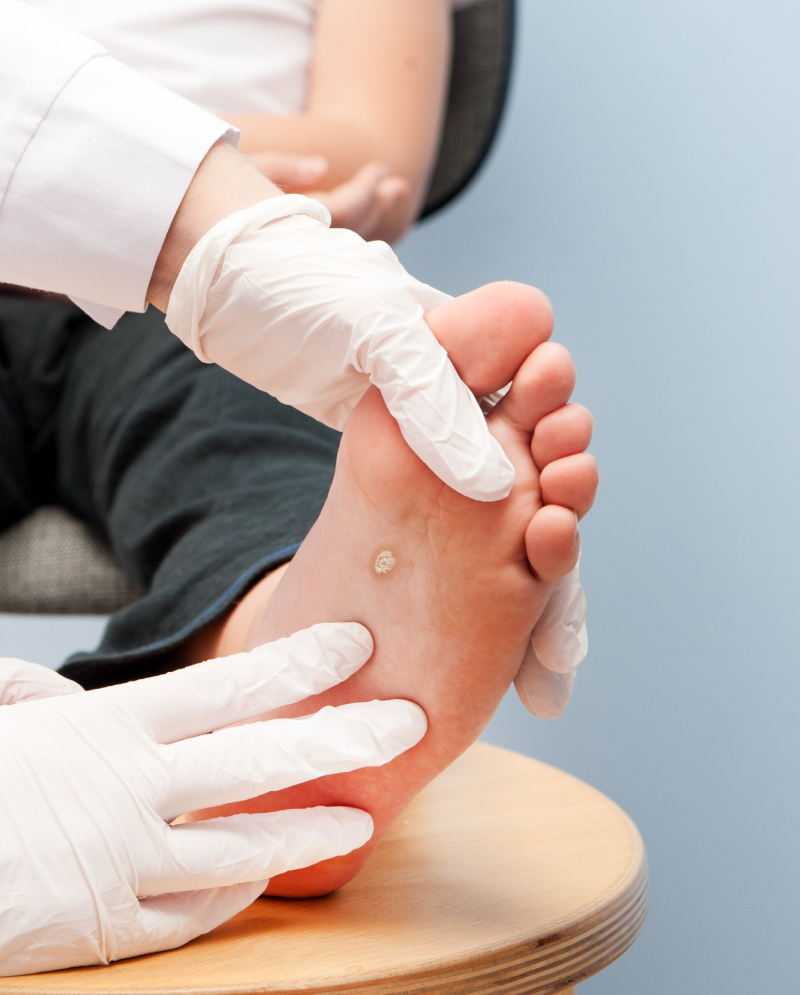Our feet are a vital part of our everyday life. It is our way of getting to the destinations we desire. As we get older, sometimes our feet do not work as well as they should. Unfortunately, when this happens, it can take a toll on our confidence because we cannot go to the places we usually go and do things that make us happy. Thankfully at Beyond Podiatry, our exceptional podiatrists specialize in your foot health and wellness. If you are struggling with the pain and discomfort due to ulcers appearing on your foot, you can rest assured that our team has a solution for you! Contact our Michigan office today to learn more about ulcer treatments near you.
Diabetic Foot Ulcers
Foot problems are a considerable risk in people with diabetes. Ulcers form as a result of skin tissue breaking down and exposing the layers underneath. Foot ulcers are a common complication of diabetes that go unmanaged through diet, exercise, and insulin treatment. They’re most common under your big toes and the balls of your feet, and they can affect your feet down to the bones. People with diabetes must constantly monitor their feet or face severe consequences, including amputation. With a diabetic foot, a wound as small as a blister from wearing a shoe that’s too tight can cause a lot of damage. This disease decreases blood flow, so injuries are slow to heal. When your wound is not healing, it’s at risk for infection. If you are experiencing any pain from your ulcers, contact your podiatrist immediately so that they can address your concerns effectively.

Symptoms Caused By Ulcers
Foot ulcers result from the skin and tissue of the foot breaking down, leading to an open sore that can become infected if not treated immediately. These types of wounds are common among diabetic patients due to nerve damage and loss of sensation. Smoking can cause poor circulation as well, slowing down the healing process and causing these wounds to linger. There are a number of common symptoms of a diabetic foot ulcer, including:
- Irritated skin (redness in the area) from friction while walking
- Pain, (may even occur with neuropathic patients although they typically do not feel pain)
- Bleeding on a sock or floor
- Odor, swelling, and/or discoloration
Finding Treatment
Treating ulcers is often done via a debridement procedure, which removes unhealthy tissue from the wound to spur healing. There are several ways your podiatrist can relieve your pain and help your feet recover from the stress ulcers can cause. Upon your consultation, they will curate a plan that works best for your current needs to ensure your healing process is as smooth as possible.
